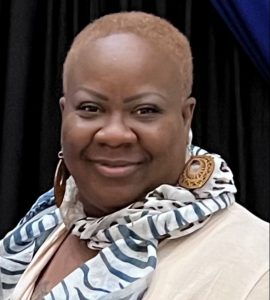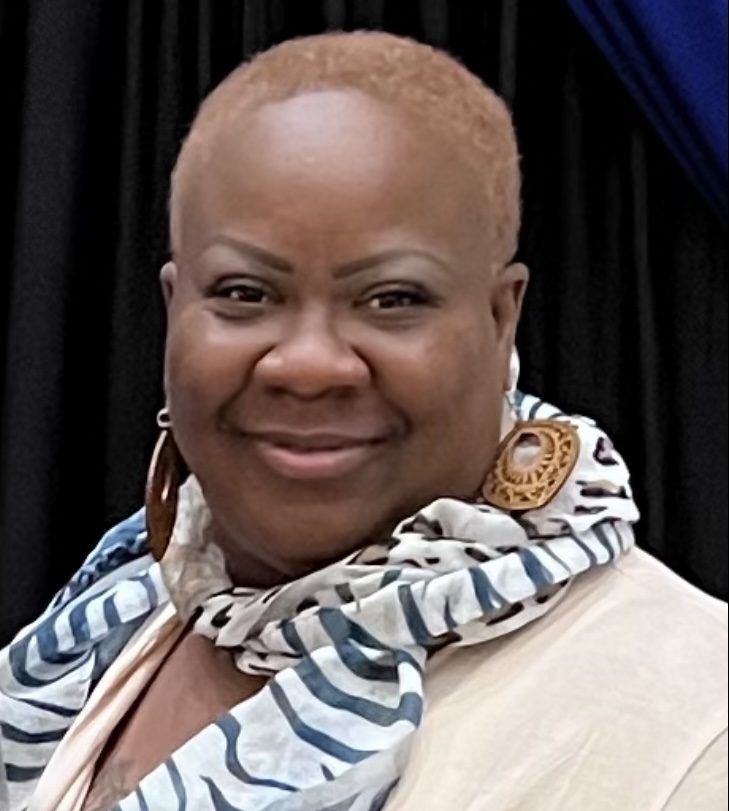
I decided to write this following my last work-related mental health crisis resulting in me “quitting on the spot.” It was the first time I did not ponder about letting go. After weeks of contemplating leaving, I began to give notice in advance leading up to that day based on what I failed to learn from previous exit attempts to leave in silence. For months I searched employment leads thinking about starting a new work life. I made promises to myself that it would be different this time. I would work on developing healthy boundaries and remaining true to myself.
So, what happened this time? Just another case of burnout? My symptoms were textbook: fatigue, cynicism, distrust, mental and physical exhaustion, moody, and a lack of motivation. In other words, I checked out! No longer at the age where job hopping is possible. Although my resume looks like a beautiful evening gown, it rests on another tireless night at home. After going from interview to interview, I quickly ruled out my education and experience as assets. This time unlike other times, I could not bounce back. As I was going through the application process, I could not help but think about the times when I interviewed, believing the interviewer knew my story. I felt they knew they would not consider me for the position but wanted to entertain themselves (trauma brain thinking). Questions they asked seemed specific to previous incidents experienced. Although suspicious, I maintained and went along with the process.
The most challenging process for me in all of this is the one question I have yet to be honest when answering. During the last phase of the application process, it listed “voluntary questions.” These questions ask about your race or ethnicity, United States Veteran status, and if you have a disability. I always pause at the question, “Do you have a disability?” and contemplate each time over the three answers, yes, no, or refuse to answer. I do not want to say yes, because saying yes means you may be discriminated against. Although, companies are not supposed to discriminate against persons living with a disability according to the American Disability Act. Knowing what I know, being discriminated against is different from being stigmatized. The hypocrisy as a mental health professional with a mental health disorder, “I struggle with the internal stigma of checking the disability box.” The grief that comes with those limitations living with anxiety and depression.
At this time, I feel confident. I have made the right choice on behalf of self-compassion of my anxiety and depression. I recognized it more clearly than I had before. I walked away feeling empowered, self-assured, and mentally safe. As one person pointed out to me, “You have to be loyal to you first.” Those words inspired me!
I am a person who lives with generalized anxiety and depressed mood. I am prescribed psychotropic medications to control my symptoms related to anxiety, depression, and compulsive/impulsive disorder. I have been on medication for 13-years with the exception of a couple of times when I tried to stop taking the medication and had terrible outcomes. Before the medication, I self-medicated for 15 years, and between sobriety and medication, I lived with dry drunk syndrome (DDS). Although I have made numerous attempts to connect with a psychiatrist or nurse practitioner with or without insurance, it is not easy to navigate this system, especially as a provider. I am a middle-aged, middle class, Black woman. Based on my education and experience, I should be upper middle class working in a reliable and fulfilling job, but because my check box for living with a disability remains unchecked, my employment status will continue to remain uncertain. Thank you for reading. I will keep you up to date on my progress.


Terri Ellzey, LPC, CSAC is a licensed professional counselor and clinical substance abuse counselor currently working as an independent contractor. She is involved working as an educator and advocate with issues centered on institutional and structural racism. She is currently attending Fielding Graduate University working on her doctorate in education. Her dissertation interest is to examine the intersectionality of racist euphemisms and dog-whistle democracy when justifying racial double standards in a country built on “All men are created equal.” She is currently on sabbatical as she dedicates the bulk of her time to course work and family. She is a member and participant of the WISE planning committee.